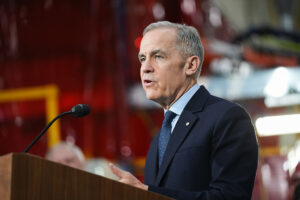
Canada’s Alternative to Trump’s Doctrine for the Americas
A middle-power vision calls for a broader inter-American dialogue. Will it resonate with Latin American countries?
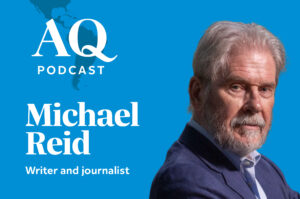
AQ Podcast | A Defining Moment for Latin America
An overview of what recent events mean for the region’s political and economic outlook.
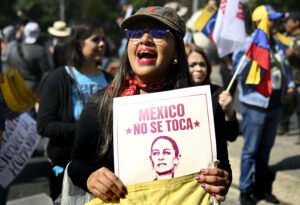
Washington’s Sharpening Stance on Mexico
As the U.S. reclassifies Mexican cartels as a national security threat, pressure on Mexico is intensifying—and the margin for miscalculation is narrowing.
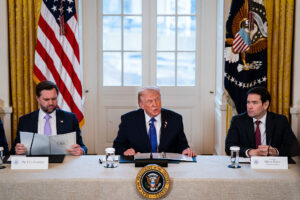
Hostile Takeover and Abandonment Explain U.S. Actions in Venezuela
Two analogies can help us understand today’s state of play and the consequences of Trump’s policy in the country.
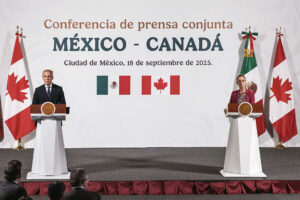
Why USMCA May Survive After All
USMCA review will test politics and economic realities. Preserving North American integration remains the least costly path forward, an expert writes.

The Way Forward For Venezuela
A successful transition will depend on investment, who leads the military, and more.
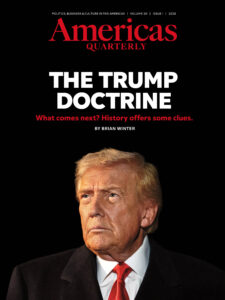

How U.S. Companies May Return to Venezuela and Be Compliant
Washington has three ways to provide sanctions relief to the country and PDVSA. The cases of Syria, Sudan, and Iraq serve as historical references.
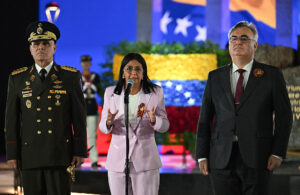
Washington’s Path to Displacing Rivals in Post-Maduro Venezuela
With Maduro removed, the U.S. faces the difficult task of limiting the influence of China, Russia and Iran without triggering instability.

AQ Podcast | After Maduro: Risks in Venezuela and Beyond
Andrés Martínez-Fernández of the Heritage Foundation on what the capture of Nicolás Maduro might mean for the country and beyond.
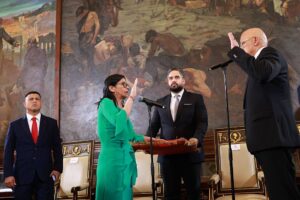
Maduro’s Miscalculations Are a Cautionary Tale for Rodríguez
Venezuela’s interim president faces an existential balancing act: cooperating with the Trump administration while staying loyal to her base.
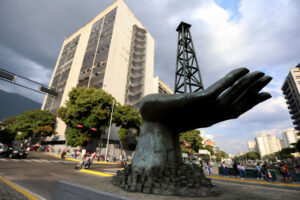
Venezuela: The Post-Maduro Oil, Gas and Mining Outlook
The country could see a relatively rapid recovery of some oil production, depending on the leadership that emerges.

REACTION: Trump Says U.S. Will “Run” Venezuela After Maduro’s Capture
The historic military operation raises numerous questions about what’s next for Venezuela, and for U.S. relations with Latin America as a whole.

A Roadmap for Venezuela’s Future Transition
The U.S. should prepare humanitarian assistance and take other steps to help support a free Venezuela, two experts write.

The Risks and Benefits of Trump’s Latin America Trade Deals
The agreements are potentially historic – but some countries have been left out, and a Supreme Court challenge looms.


